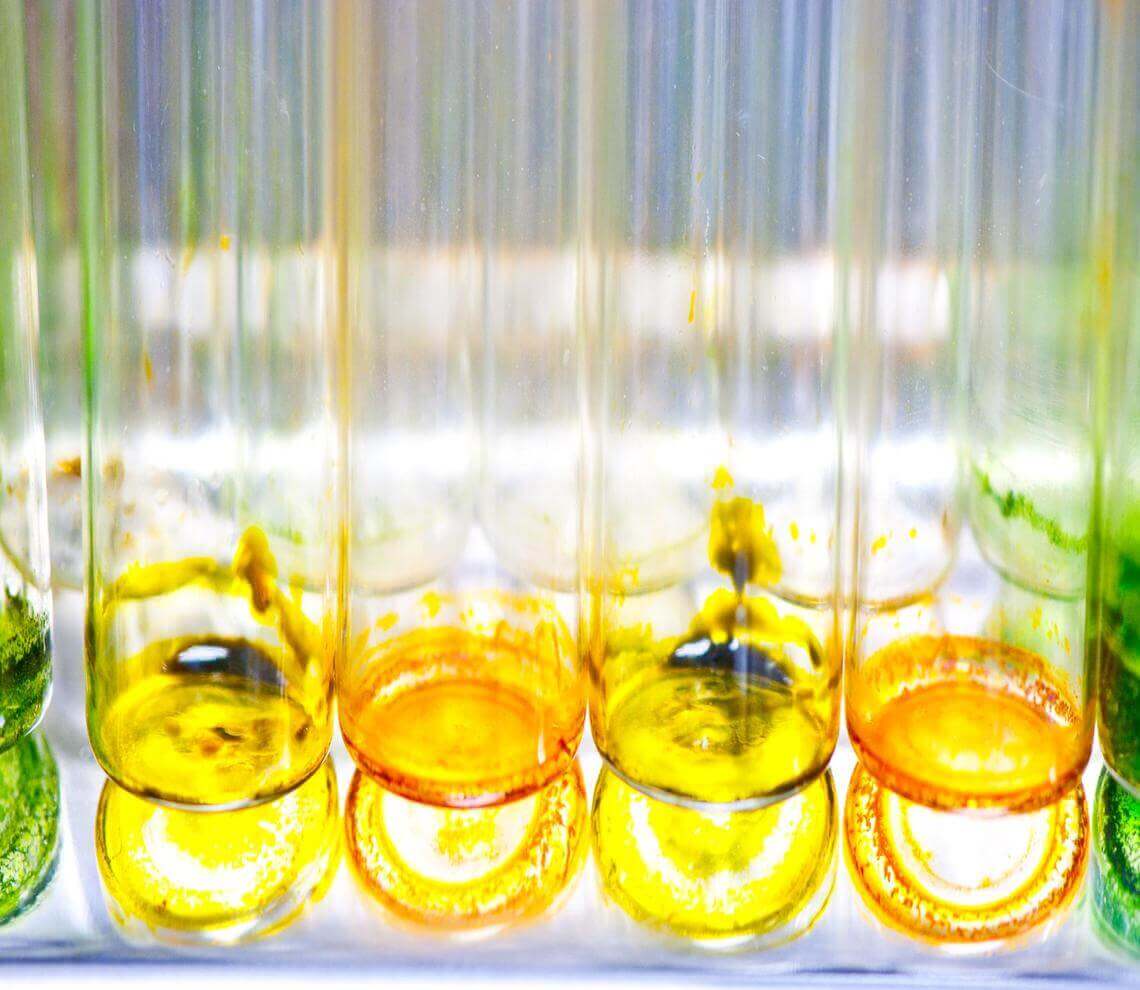- Our Suppliers
- MBS Monoclonals
- Mouse Anti-CD3 Antibody
Product short description
Price:
359 EUR
Size:
200ug
Catalog no.:
GEN570349
Product detailed description
Also known as
CD3
Gene name
CD3
Gene name synonims
N/A
Purification method
N/A
Concentration
N/A
Immunoglobulin isotype
IgG1
Clone
UCHT1
French translation
anticorps
Category
Antibodies
Latin name
Mus musculus
Clonality
Monoclonal antibody
Other gene names
N/A; cd3g; N/A; N/A
Host organism
Mouse (Mus musculus)
Subcategory
Mnoclonal antibodies
Other names
cd3; CD3gamma/delta; N/A; N/A; CD3gamma/delta
Tested applications:
Flow Cytometry (FC/FACS), Indirect Immunofluorescence (IF)
Form/Appearance
Purified by Chromatography, Storage buffer: PBS pH 7.2, 1% BSA, 0.05% NaN3
Properties
If you buy Antibodies supplied by MBS Monoclonals they should be stored frozen at - 24°C for long term storage and for short term at + 5°C.
Description
This antibody needs to be stored at + 4°C in a fridge short term in a concentrated dilution. Freeze thaw will destroy a percentage in every cycle and should be avoided.
Species reactivity
Human (Homo sapiens); Due to limited knowledge and inability for testing each and every species, the reactivity of the antibody may extend to other species which are not listed hereby.
Test
Mouse or mice from the Mus musculus species are used for production of mouse monoclonal antibodies or mabs and as research model for humans in your lab. Mouse are mature after 40 days for females and 55 days for males. The female mice are pregnant only 20 days and can give birth to 10 litters of 6-8 mice a year. Transgenic, knock-out, congenic and inbread strains are known for C57BL/6, A/J, BALB/c, SCID while the CD-1 is outbred as strain.
Storage and shipping
the antibody contains monoclonal antibody specific reagents in optimal concentrations of affinity-purified antibody. To enchance the antibody's stability sodium azide has been added. Keep the antibody at +4 degrees Celsius and do NOT freeze it. the antibody may be photosensitive, therefore avoid exposing the vial to direct bright light. Please refer to the expiry date printed on the vial. The use of the reagent after the expiration date is not recommended.
Specificity and cross-reactivity
The CD3 mAb (clone UCHT1) recognizes cytoplasmic CD3 epsilon in precursor T-cells and cytoplasmic and surface CD3 epsilon in mature T-lymphocytes. The sensitivity of UCHT1 mAb is determined by staining well-defined blood samples from representative donors with serial-fold mAb dilutions to obtain a titration curve that allows relating the mAb concentration to the percentage of stained cells and geometric MFI (mean fluorescence intensity).The sensitivity of UCHT1 mAb is determined by staining well-defined blood samples from representative donors with serial-fold mAb dilutions to obtain a titration curve that allows relating the mAb concentration to the percentage of stained cells and geometric MFI (mean fluorescence intensity).In practice, 50 ul of leukocytes containing 107 cells/ml are stained with 20 ul mAb of various dilutions to obtain a titration curve and to identify the saturation point and detection threshold. The final concentration of the product is then adjusted to be at least 3-fold above the detection threshold. In addition and to control lot-to-lot variation, the given lot is compared and adjusted to fluorescence standards with defined intensity; Since it is not possible to test each and every species our knowledge on the corss reactivity of the antibodies is limited. This particular antibody might cross react with speacies outside of the listed ones.
© Copyright 2016-Tech News . Design by: uiCookies

